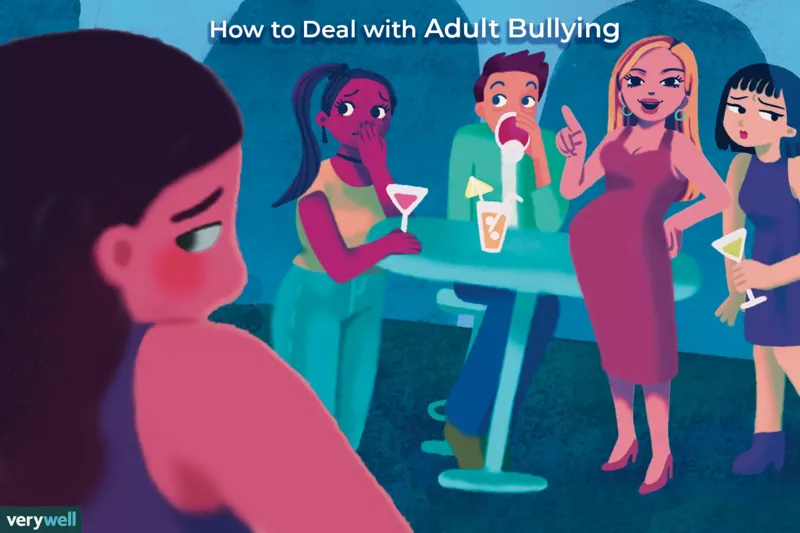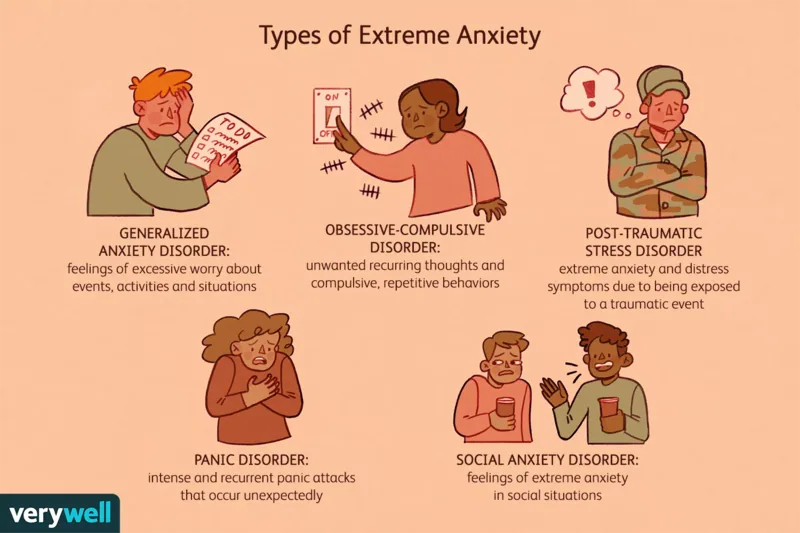Psychosis
The Complete Guide: Can Cannabis Cause Psychosis?
Can cannabis cause psychosis? In short: yes, cannabis use is strongly associated with psychotic symptoms in some people, especially at high doses, with potent products, or in those with genetic or mental health vulnerability. While not everyone who uses cannabis will develop psychosis, understanding your personal risk is essential to making safer, informed choices.
This complete guide is designed for everyday readers, parents, and high-functioning professionals who want clear, science-backed insight without fear-mongering. You’ll learn what psychosis actually is, how cannabis can trigger it, who is most at risk, early warning signs to watch for, and practical steps to reduce harm.
By the end, you’ll be able to confidently answer for yourself: "Can cannabis cause psychosis?" and make decisions aligned with your health, goals, and long-term mental clarity.
Why This Topic Matters in 2025
Legalization, THC potency, and social normalization have all increased rapidly over the last decade. Many people now see cannabis as "safe" or "natural" and ignore emerging data on mental health risks.
At the same time, clinicians report more cases of acute paranoia, hallucinations, and disorganized thinking linked to heavy or high-potency use. Major academic centers, including Harvard (2024) and leading Stanford researchers, emphasize that psychosis risk is real for a subset of users.
If you or someone you love uses cannabis, understanding the connection between cannabis and psychosis is no longer optional—it’s a core part of protecting long-term brain health.
What Is Psychosis?
Psychosis is not a personality flaw or moral failing. It is a serious change in how a person perceives reality.
Common features include:
- Hallucinations (seeing, hearing, or feeling things others don’t)
- Delusions (fixed, false beliefs, often paranoid or grandiose)
- Disorganized thinking and speech
- Intense fear, confusion, or feeling "unreal" or detached from self
A psychotic episode can be brief and fully reversible, or it can mark the beginning of a chronic psychotic disorder like schizophrenia. Substance use, including cannabis, is one of several known potential triggers.
How Cannabis May Trigger Psychosis
Can cannabis cause psychosis? Current evidence indicates it can play a causative role for some individuals, not just a coincidental one.
Key points from leading research:
- Higher THC exposure is linked to a greater risk of psychotic symptoms, especially with daily or near-daily use.
- Cannabis acts on brain systems that regulate dopamine—the same pathways consistently implicated in psychosis (Ahrens, 2025).
- Genetics, age at first use, mental health history, and product potency all interact to shape individual risk.
Short answer (featured snippet): Cannabis does not cause psychosis in everyone, but high-potency, frequent use can trigger acute or persistent psychotic symptoms in vulnerable people. Risk is higher with early use, family history of psychosis, or underlying mental health vulnerabilities.
Importantly, some people experience "cannabis-induced psychosis" that resolves after stopping use, while others appear to transition into longer-term psychotic disorders. This is why early recognition and prompt action are critical.
7 Essential Insights About Cannabis and Psychosis Risk
1. High-Potency Products Carry Higher Risk
Today’s cannabis concentrates, vapes, and edibles often contain far more THC than traditional plant products.
Example:
- A young adult using high-THC dabs multiple times a day begins hearing voices and believing strangers are tracking their phone. Symptoms ease only after several weeks of complete abstinence and treatment.
Tip:
- Prefer lower-THC, balanced THC:CBD products if you choose to use, and avoid escalating to stronger forms just to "keep up" socially.
2. Frequency and Dose Matter More Than You Think
"Just weed" becomes risky when it’s daily, heavy, or used to blunt every emotion.
Evidence shows:
- Regular, heavy use is more strongly associated with psychosis than occasional, light use (Marconi, 2016).
Tip:
- Track your pattern honestly for two weeks. If you’re using multiple times daily, especially high-potency products, consider that your brain may be in the higher-risk zone.
3. Family or Personal History of Psychosis Is a Red Flag
If you, a sibling, or a parent has experienced psychosis, schizophrenia, bipolar disorder with psychotic features, or severe paranoia, your risk from cannabis is higher.
Example:
- A college student with an uncle diagnosed with schizophrenia begins using cannabis to sleep. Within months, they develop intense paranoid thoughts and are convinced roommates are poisoning them.
Tip:
- If there’s any family history of psychosis, talk with a mental health professional before using cannabis—or strongly consider avoiding it entirely.
4. Teen and Young Adult Brains Are More Vulnerable
The brain is still developing into the mid-20s. Introducing strong psychoactive substances during this period can disrupt key circuits.
Research has shown:
- Earlier onset of cannabis use is linked to higher risk of psychotic outcomes, even when controlling for some other factors.
Tip:
- Delay use as long as possible. For parents, focus on open, factual conversations: "I’m not here to scare you, I’m here to protect your future brain health."
5. Not Everyone Has Obvious Risk Factors—And That’s Crucial
A dangerous misconception is: "No family history, so I’m safe."
Studies indicate:
- Cannabis-induced psychosis can occur even in people without known genetic risk, without prior psychosis, and without other substance use disorders.
Example:
- A high-performing professional with no mental health history consumes a potent edible at a retreat. Hours later, they are convinced they are dead, dissociated from their body, and require emergency care.
Tip:
- Understand that "no risk factors" does not mean "no risk." Use with intention, not assumption.
6. Cannabis-Induced Psychosis Can Be Short-Term—Or a Turning Point
Some people experience a single, intense psychotic episode that resolves after stopping cannabis. Others go on to develop chronic conditions.
Warning signs after use:
- Persistent paranoia lasting days or weeks
- Hearing voices or seeing things after the high fades
- Beliefs that others call "bizarre" or unrelated to reality
Tip:
- Treat any psychotic symptoms as an urgent signal, not a funny story. Early evaluation dramatically improves outcomes.
7. The Science Is Evolving—But the Pattern Is Clear
While researchers still investigate exactly "how" and "for whom" cannabis can cause psychosis, several patterns are consistently reinforced by major institutions.
Current expert consensus trends (including Harvard, 2024 and Stanford researchers):
- The association between cannabis and psychosis is robust.
- For a subset of users, especially with high-potency, frequent use, cannabis is likely a contributing cause—not just an innocent bystander.
Key insight: You do not need 100% proof of causation to justify caution. The repeated association, biological plausibility, and real-world cases are sufficient reason to take your brain health seriously.
Quick Implementation Guide: Safer Choices Today
If you choose to use cannabis and are asking, "Can cannabis cause psychosis—and what can I do about it?" use this quick guide.
-
Assess your risk:
- Any family history of psychosis or schizophrenia?
- History of trauma, bipolar disorder, or severe anxiety?
- Started using heavily before age 18?
-
Adjust your use:
- Reduce potency; avoid high-THC concentrates.
- Shift from daily to occasional use where possible.
-
Set mental health checkpoints:
- Once a month, ask: "Have I felt more paranoid, detached, or suspicious?"
-
Involve support:
- Share your plan with a trusted friend, partner, or therapist.
Even modest changes—lower doses, fewer sessions, longer breaks—can significantly reduce risk exposure over time.
Common Pitfalls to Avoid
Avoid these mistakes that quietly raise your risk:
- Assuming "it’s legal, so it’s safe" for mental health.
- Ignoring episodes of paranoia or hallucinations as "just a bad high."
- Combining cannabis with sleep deprivation, stimulants, or heavy alcohol.
- Using cannabis as your only coping tool for stress, trauma, or burnout.
- Mocking or minimizing a friend’s extreme reaction instead of checking in.
If cannabis has ever made you feel unreal, watched, or convinced of strange beliefs, treat that as meaningful data—not a joke.
Next Steps and When to Get Help
Reach out for professional support if you notice:
- Ongoing paranoia, voices, or visual disturbances after you’re sober
- Strong beliefs that others say don’t match reality
- Rapid personality shifts, isolation, or severe sleep disruption
Steps you can take now:
- Pause cannabis use for several weeks and monitor changes.
- Speak with a licensed mental health professional or psychiatrist about your symptoms and use history.
- Share your concerns with someone you trust so you’re not managing this alone.
If there is immediate risk of self-harm or harm to others, seek emergency support right away.
Key Takeaways
- Can cannabis cause psychosis? For some individuals—yes, especially with high doses, potent products, frequent use, or existing vulnerabilities.
- You may not know your genetic or mental health risk in advance, so informed, cautious use is essential.
- Early warning signs should never be ignored; fast action can mean full recovery instead of long-term illness.
- You have more control than you think: smarter choices today protect your clarity, stability, and future self.
Staying curious, evidence-based, and honest about your relationship with cannabis is not fear-driven—it’s a powerful act of self-respect.










